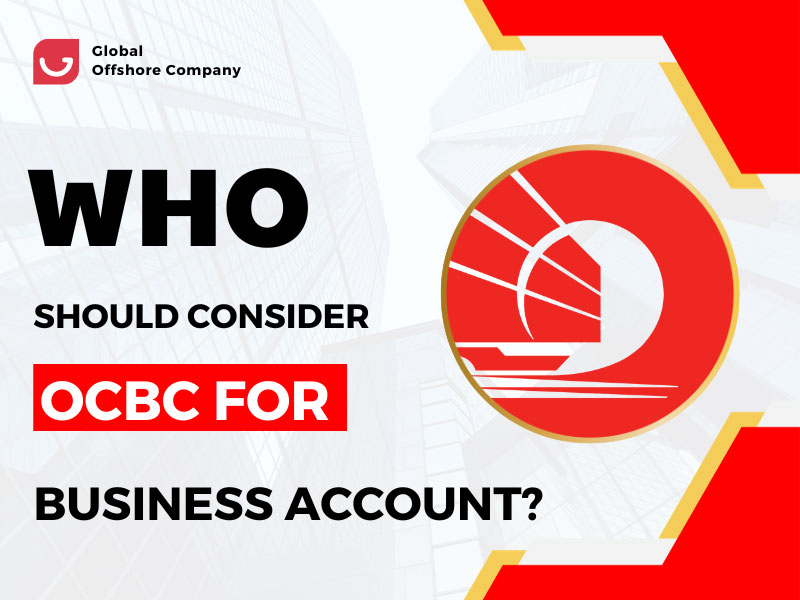Understanding the Difference Between Merchant Accounts and Payment Gateways: A Comprehensive Guide
In the ever-evolving world of online transactions and e-commerce, understanding the distinct roles of merchant accounts and payment gateways is crucial for businesses aiming to streamline their payment processes. These two components play pivotal roles in enabling smooth and secure online payments. In this comprehensive guide, we will delve deep into the definitions, characteristics, and differences between merchant accounts and payment gateways, as well as explore the significance of payment service providers in the market.
Merchant Accounts - Unraveling the Essentials
A merchant account is a specialized type of bank account that enables businesses to accept payments from customers via debit or credit cards. It acts as an intermediary between the business, the customer's issuing bank, and the acquiring bank. Merchant accounts are essential for businesses engaged in e-commerce, as they facilitate the authorization and settlement of card transactions.
Types of Merchant Accounts: Low-Risk and High-Risk
Merchant accounts are broadly categorized into two types based on the level of risk associated with the business:
- 1. Low-Risk Merchant Accounts: Businesses with stable revenue streams and low chargeback rates fall into the low-risk category. These include retail stores, subscription services, and established e-commerce businesses. Low-risk merchants enjoy lower processing fees and quicker approval times due to their favorable risk profile.
- 2. High-Risk Merchant Accounts: Industries prone to chargebacks, fraud, or legal complexities are considered high-risk. Examples include online gambling, adult entertainment, and pharmaceuticals. High-risk businesses face stricter underwriting processes, higher fees, and limited options for payment processors.
Payment Gateway - A Gateway to Secure Transactions
A payment gateway is a technology that securely connects the online shopping cart or e-commerce platform to the merchant's acquiring bank. It encrypts sensitive customer data during transactions, ensuring a secure exchange of information between the customer, the merchant, and the acquiring bank.

Differentiating Merchant Accounts and Payment Gateways
While merchant accounts and payment gateways are interlinked, they serve distinct functions in the payment process:
- 1. Merchant Account: It acts as a holding account where funds from card transactions are temporarily held before being transferred to the business owner's bank account. Merchant accounts ensure that funds are available for settlement.
- 2. Payment Gateway: It facilitates the transaction by encrypting and transmitting payment data securely between the customer and the acquiring bank. Payment gateways authorize transactions and confirm whether sufficient funds are available in the customer's account.
Payment Service Provider (PSP) - Navigating the Market
Payment service providers (PSPs) are entities that offer an integrated solution encompassing both merchant accounts and payment gateways. PSPs simplify the payment process for businesses by providing a single interface to manage transactions, thereby eliminating the need to coordinate with multiple entities.
Prominent Players in the PSP Market:
- 1. Stripe: A leading PSP known for its developer-friendly tools and comprehensive payment solutions that include payment processing, subscription management, and fraud prevention.
- 2. PayPal: Widely recognized for its user-friendly interface, PayPal offers versatile payment solutions for businesses of all sizes. It provides customers with options to pay using credit cards, bank accounts, or PayPal balances.
- 3. Square: Square is renowned for its point-of-sale and online payment solutions. It caters to small businesses and offers easy-to-use tools for managing sales, payments, and customer engagement.

Why Businesses Need Merchant Accounts and Payment Gateways ?
Opening a merchant account and integrating a payment gateway offers several benefits:
- 1. Enhanced Credibility: Customers trust businesses that offer secure and convenient payment options, leading to increased sales and customer loyalty.
- 2. Global Reach: Online businesses can tap into international markets by accepting payments in multiple currencies, boosting revenue streams.
- 3. Reduced Risk: Secure payment gateways encrypt customer data, minimizing the risk of fraud and chargebacks.
- 4. Efficiency: Integration of merchant accounts and payment gateways streamlines payment processing, ensuring seamless transactions.
Conclusion - Navigating the Digital Payment Landscape
In the modern era of e-commerce, understanding the role of merchant accounts and payment gateways is pivotal for businesses seeking efficient, secure, and seamless payment solutions. The combination of a merchant account and payment gateway, often facilitated by payment service providers, empowers businesses to provide customers with a reliable and trustworthy payment experience. By now, you should have a firm grasp of the three concepts and their intricacies: merchant account, payment service provider, and payment gateway. Regardless of whether you are an e-commerce merchant or operate a different type of business, familiarizing yourself with and distinguishing these concepts is a vital stride towards enhancing the efficiency of your business operations.By embracing these components, businesses can thrive in the dynamic world of online transactions while ensuring the security and convenience of their customers.
At Global Offshore Company, your business and you will be under the guidance of our experienced professionals. Let us guide you through the intricacies of setting up an effective payment solutions for your global businesses. Contact us today at info@globaloffshorecompany.com or reach out to our experienced consultants at G.O.C.

Disclaimer: While Global Offshore Company (G.O.C) endeavors to provide timely and accurate information on this website, the content is intended for reference purposes only. The information presented in this article should not be considered a replacement for qualified legal advice. For personalized guidance on your specific circumstances, we encourage you to reach out to G.O.C's experienced consultants.

.png)









